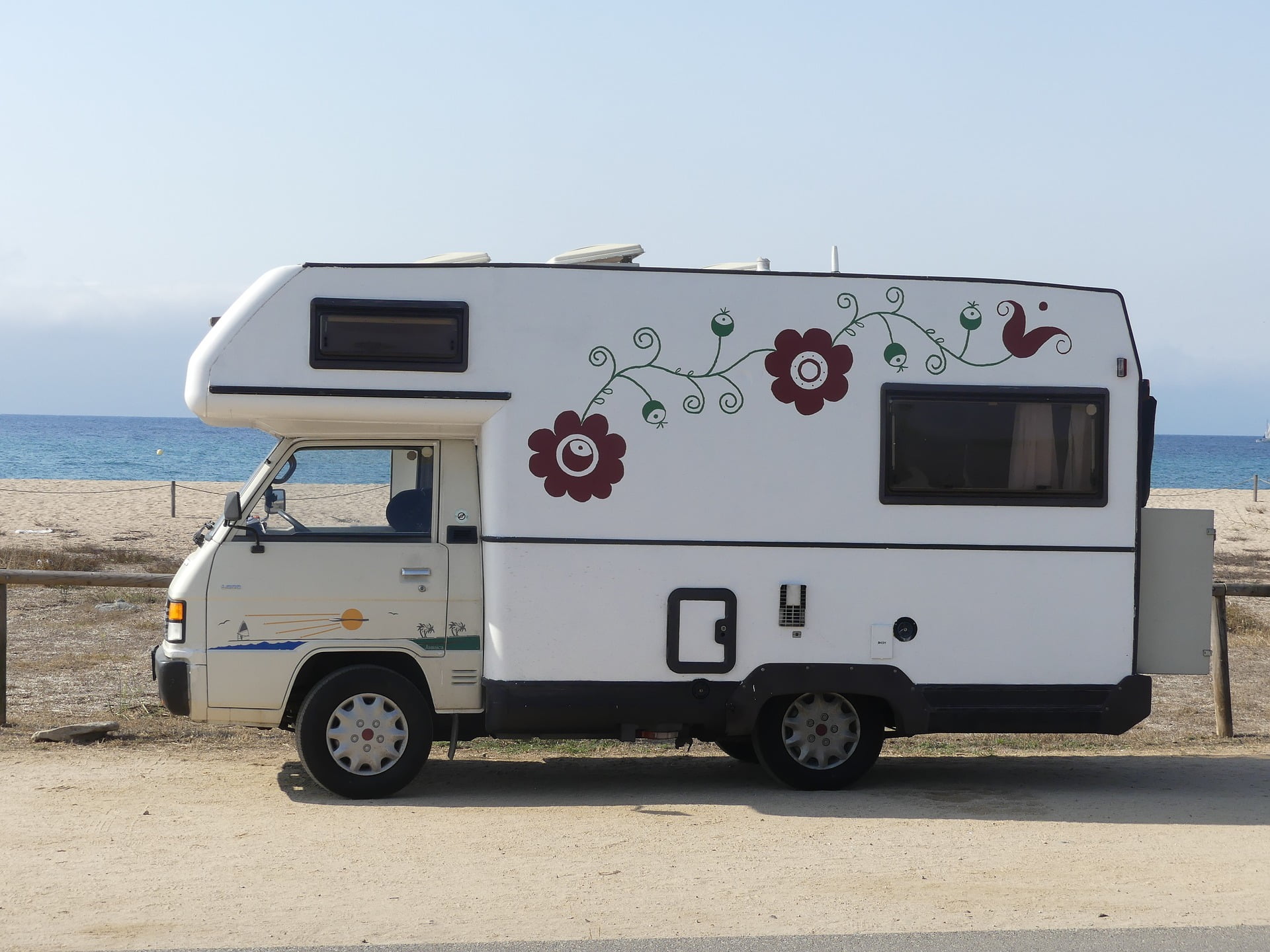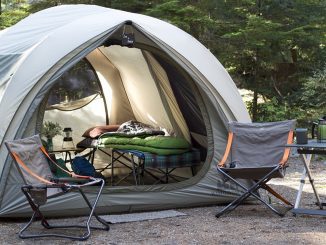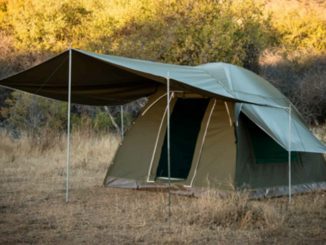
If you love to get immersed in nature through an RV camping trip, chances are, you’re also looking for sustainable and environmentally-friendly ways to enjoy your trips.
These seven eco-friendly tips will help every conscientious camper overcome the guilt of a gas-guzzling RV. They’ll help you take a little better care of the planet you’re traveling on and lighten the impact on the environment.
1.Plan Trips Carefully
With a large number of National or State Parks and private campgrounds, you don’t have to drive hundreds of miles for the perfect getaway. As much as possible, plan shorter trips that require less fuel. With shorter trips, you can pack as lightly as possible. And remember, you’re on vacation, not rushing to work. Save on gas usage by driving an average of 55 mph and enjoy the ride.
2. Conserve Energy
There are several ways to conserve energy while camping. First, you can avoid camping in cold weather to consume less fuel for heating. For summer travel, park in the shade or install a pull-out awning if your camper doesn’t have one to cool off.
The ultimate way to conserve energy is to install solar panels on your RV’s roof to harness the power of the sun. They’re light and portable, and you will eliminate having to worry about looking for a drip AC outlet or extra gas for a generator. Solar panels will also allow you more freedom to camp off the beaten path since you won’t be worrying about external energy sources.

3. Reduce, Reuse, Recycle
Eliminate one-use disposable items like paper plates and plastic utensils. Hit your local thrift store instead and buy a set of second-hand dishes and accessories for your rig. This will greatly reduce the trash you leave behind. Some campgrounds may have recycling bins, but just in case, take along a smaller version of your at-home recycling bin for water bottles, aluminum cans, and other recyclable items.
4. Conserve Water
Apply the same water-saving tips you use at home to the road. Take short showers and be conservative while washing dishes. Most RV toilets use very little water, but check yours to see if a newer model may use less. Check your water sources regularly for any leaks and repair them right away.
5. Service Your RV
Your RV will be more energy-efficient if you stay up-to-date on maintenance. Keep the oil changed regularly and replace the air filters. Tire pressure affects gas mileage, so keep your vehicle’s tires properly inflated. Tires with low pressure will waste fuel. Getting regular check-ups will lessen the likelihood of a breakdown that will ruin your trip.
6. Respect the Land
As an RV owner, it is understandable that you want to explore the most stunning and exciting things there are to see in your country. If you have been to the amazing pink Lake Hillier a few years back, you probably saw how stunning the area is, but so too was the damage to local campgrounds from previous visitors.
As you probably know, a heavy RV can easily damage the ground beneath the tires. Going off-road can leave rutted tire tracks and disturb plant and animal life. Be careful where you park and avoid wet grounds. Take care not to break down tree branches or disturb animal nests.
Most campgrounds have fire pits, but you should still be vigilant when building fires, especially in dry areas. Always practice fire safety, and never leave your fire extinguisher behind. A field or forest fire would be devastating to nearby communities and the environment.
7. Use Eco-Friendly Products
Do some research when choosing sunscreen and insect repellant. Not only are some products bad for your health, but they can also contain ingredients that can harm the environment. Hence, make sure to only buy non-toxic eco-friendly products.
Your RV’s tank must be cleaned, and using a non-toxic enzyme-based tank cleaner is the most sustainable way to do it. They don’t contain pollutants as chemical cleaners do.
Most of all, only use RV-friendly toilet paper. These are designed to dissolve quickly, and you can find them where RV supplies are usually sold. Some at-home brands may be suitable. Do a quick test by dropping a few sheets in a jar of water. If it breaks down in a few seconds, it’s okay to use.



